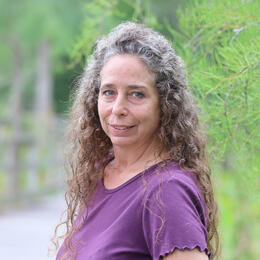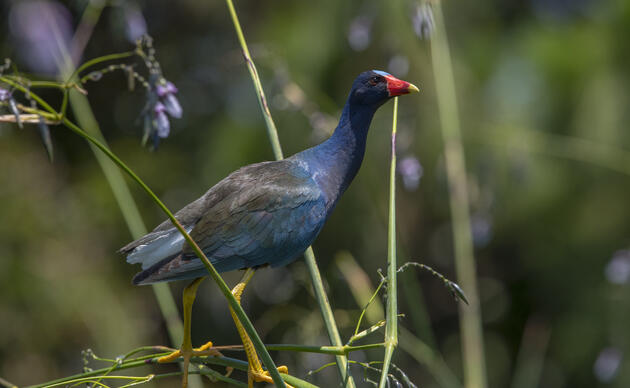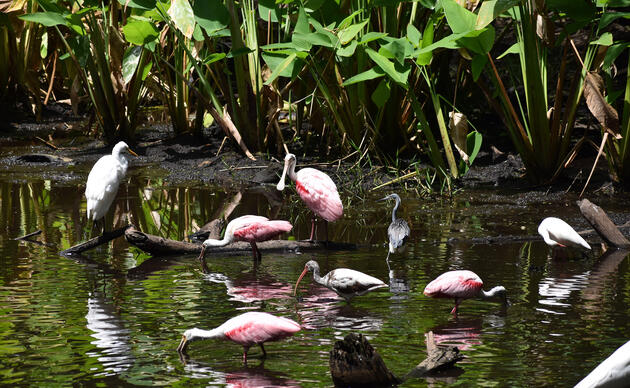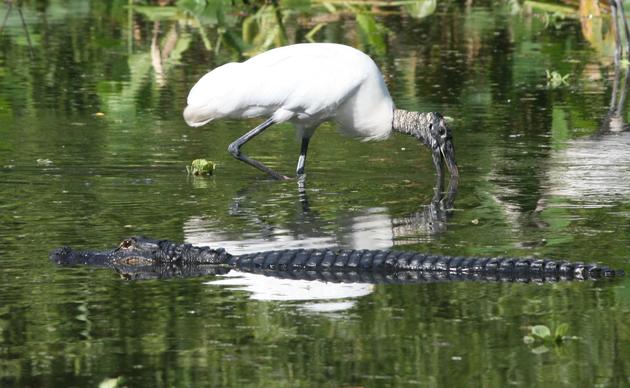An experience in the ancient cypress forest at Corkscrew Swamp Sanctuary is typically calm, tranquil, or even spiritual, to some people. By submerging oneself in the lush green forest, it is possible to establish a serene connection to nature, and it is easy to forget that the hustle and bustle of Naples and Bonita Springs is just a few miles away. Until one encounters a piece of trash. At that moment, the tranquility of the forest can be lost.
As part of our effort to maintain these natural resources in as pristine condition as possible for the safety of wildlife and for the enjoyment of visitors, our Clean Water volunteer team of Mike and Michele Bizub removes trash they find on and near the boardwalk area every week. Because they record their findings, we are learning about our visitors’ habits and finding opportunities to improve our educational messaging.
“We take pride in picking up trash in honor of our fellow volunteers and for ourselves,” said Michele. “For those who had come before us and for all who will after. We cherish the swamp and want to do our best to preserve its beauty. Doing this volunteer work is just a small way of giving back and keeping it litter-free.”
Since March, the Bizubs’ trash collection records have revealed some interesting trends. While facemasks dominated the collections in March and April (12 were picked up between March and May), plastic water bottles continue to top the list week after week. The Blair Center staff is planning to update the reverse osmosis system and install new signs at the water-bottle filling stations to encourage people to reduce their plastic use by using refillable bottles, like those that can be purchased at the Nature Store. Other frequently found items include lip balm, plastic caps, and toys.
It is clear that much of this litter is accidental, as the top of the list also includes sunglasses and lens caps from binoculars and cameras. However, there were even three cell phones and an iPod left behind! Personal responsibility is not only good for the environment, but also for one’s wallet.
The other category of frequently encountered trash is food waste: orange or banana peels, pistachio husks, or apple cores may seem biodegradable, but if it didn’t come from the swamp, it shouldn’t be left there. In addition to being unsightly, food waste is not healthy for wild animals and can attract rodents and raccoons to the boardwalk; hence, our boardwalk rules strictly prohibit food.
The data that Michele and Mike collect is establishing a baseline and will not only help guide us in management decisions but can also be used to educate students and the larger public on the harmful effects of pollution; especially plastic pollution.




